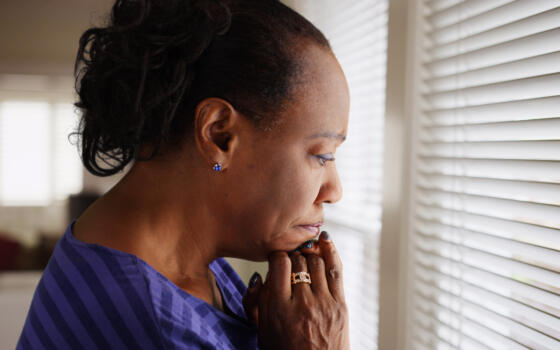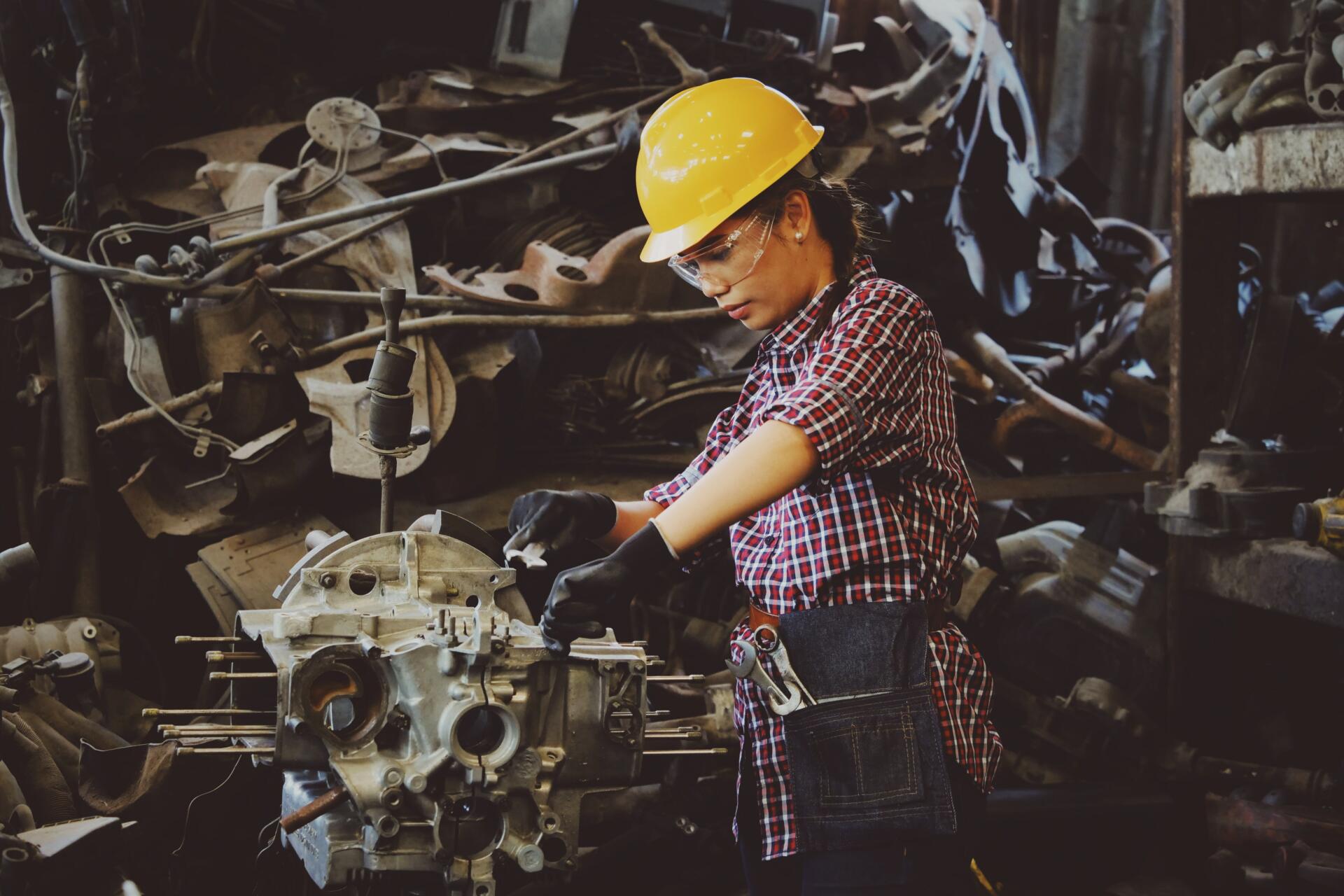Analyse effect, causation and impact better – with data to build national resilience.
Nearly half of Black, Asian and Minority Ethnic (BAME) women (45.4%) confirmed they were struggling to cope with all the different demands on their time during pandemic due to home schooling, home working and caring responsibilities, compared to 34.6% of white women and 29.6% of white men1. It is critical to analyse and understand norms, family structures and societal expectations in diverse cultural backgrounds.
“We cannot address and monitor what we cannot see and measure. We are making a choice every time we allow poor-quality data to hinder our ability to intervene on racial, ethnic, gender and health inequities. Data is the new oil to design an evidence-driven good recovery pathway for a thriving wellbeing economy.”
A recent report from the Scottish Government highlighted that the rise in reported domestic abuse and the ability of survivors to access justice due to Covid-19 control measures in the criminal justice system is concerning2. Governments need to ensure that survivors of domestic abuse receive support and protection regardless of immigration status. Investing in building a safer society to prevent violence against women and girls remains vitally important, to reduce and eliminate the likelihood of tragic events such as Sarah Everard’s disappearance in London. This would be a just way to make 50% of world’s population feel safer in their own homes, offices, work places, on roads and society. Enhanced efforts like the Equally Safe Fund are needed.
More flexibility required from businesses for combining family obligations and work-life balance.
More businesses reporting enhanced productivity during lockdown and working from homes- organisational ‘culture’ need to shift around expectations of being seen on desk versus more opportunities for flexible hours and work patterns that prioritise outcomes over hours worked. This shift in expectations would make it easier to combine a career with family responsibilities, which is a big factor leading to gender inequality and more women in low grade, low paid, part-time jobs, coupled with an overall £100K pension pay gap for women in their twenties compared to men of the same age3.
Looking ahead for building a fairer, inclusive, thriving wellbeing economy.
To mitigate the negative trend of women job losses and to enhance productivity by encouraging an environment of moving more women into the workforce again – we need to actively transform our offering with a renewed Womenonomics policy (initiated by Japan six years ago). To achieve a thriving economic recovery – with wellbeing at its heart – more equity is required to elevate opportunities for under-represented groups including women to attain the United Nation’s Sustainable Development Goal 5 (SDG5) of “achieving gender equality and empowering all women and girls”.
100% commitment is needed to design a positive and responsible policy for achieving better gender equality and empowering all women and girls to encourage and enable them to work and have a family at the same time. This is only attainable by actively putting an ‘inclusion, diversity and equality lens’ at the centre of every equalities decision, with fair, just and inclusive procedures. To achieve better gender equity: going forward, it would be important to tailor opportunities within organisations to different groups, including women. Simply having flexible working availability or better maternity conditions isn’t going to be enough. Additionally, men and partners at home ought to look at “what they are doing to change the conversation about equality at home?” to avoid a negative impact and ‘burn out’ for women due to hybrid ways of home working with responsibilities such as childcare and chores. Employers, leaders and politicians need to be doing much more around advocating the clear pathway from education to employment for girls, because that bridge is really important. Changes in policy with inclusive measures like different paths for promotion that don’t penalise people for taking time off for having children or wellbeing; networking events with caring- & family-friendly suitable timings; mentoring and role models from existing female leaders; and commitment and sponsorship from male leaders, are required. But most importantly, there is a massive need to make the ‘business case’ that greater gender diversity has huge strategic, economic and bottom line benefits with more effective and innovative outcomes, rather than it simply being a matter of equality.
Recovery would be fast, just, inclusive, sustainable and double – if opportunities are fair and equitable.
The UK economy has lost £400 billion due to Covid-19. If we could utilise female entrepreneurship then £250 billion could be added to the UK economy. The pandemic is also disproportionately impacting on entrepreneurial women. A 27% decline in venture funding in 2020 compared with the same period last year, for more than 800 female-founded start-up businesses across the globe, was reported by Crunchbase. US-based Pitchbook Data reported that female-founded company investment declined by 31% versus 16% for all-male teams, in US companies in 2020, compared to the first three quarters of 2019. This represents a reversal of a trend going in the opposite direction for some years now and a worrying development which threatens to turn back the clock and could impede economic growth.
Just 2.3% of Venture Capital funding goes to female founders4. This situation is especially dire for under-represented founders with ‘People of Colour and BAME diverse women teams’ receiving less than 0.64% of Venture Capital funding. So, to boost the economy and productivity, to utilise the full potential of talent – especially young motivated diverse founders keen to start and grow technology businesses and social enterprise companies, benefitting society with their growth (it is a known fact that women & BAME founders start more Social Enterprises) – more focussed investments need to be earmarked and made available for ‘People of Colour and BAME diverse women founders’. Initiatives to implement should include Investor groups and Venture Capitals signing up to the Investing in Women Code, increasing transparency in investment decisions by publishing data on diversity attributes , enhancing female representation in investment decision-making and increasing the number of female angel investors as partners. There should be a focus on data-driven decision making because if something can be monitored and measured then it gets done. A stronger role for government with interventions of co-investment to attain broader outcomes can change the face of investment funding, resulting in more scaling of female-founded companies.
Addressing a decline in investment in female-founded businesses will require real focus from the government, investment community and other relevant stakeholders.
Confronted as we are by the major societal challenges of the climate change crisis, the post-Brexit trading environment and the pandemic; we must prioritise rebuilding an inclusive, greener, wellbeing economy as our national goal (National Performance Framework). As Britain emerges from the pandemic, the challenge of inclusivity requires our urgent attention. The disruption brought about in the last 12-months offers a unique generational opportunity to design a new economic model that is fairer, inclusive and yet more productive.
This article was written by Dr Poonam Malik FRSB, Member of the Building National Resilience working group.
Click here to read Dr Malik’s first article: Covid Disruption: The FemBAMEphobic Pandemic!
Blog References:
- BAME women and COVID-19, Women’s budget group, 2020.
- Scotland’s Wellbeing: The impact of COVID-19, State of the Economy, Scottish Government, 2020
- Scottish Widows Women and Retirement Report, 2020.
- The Alison Rose Review of female Entrepreneurship, 2019





